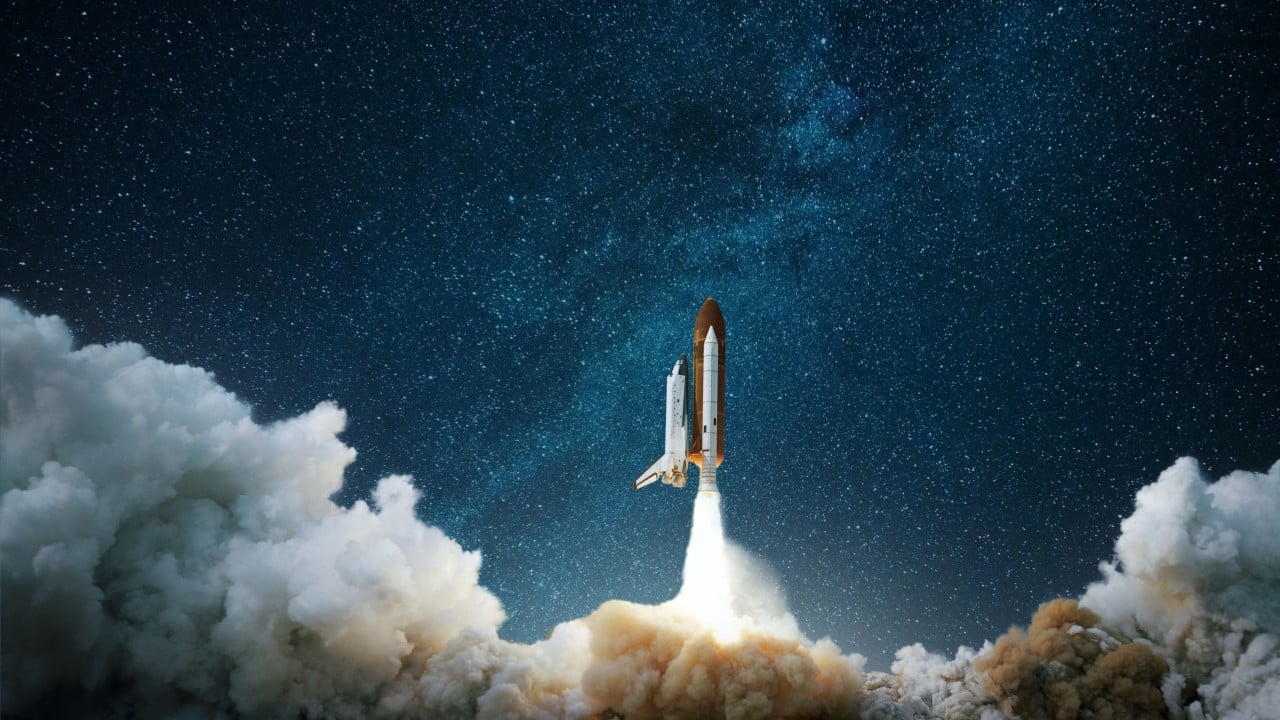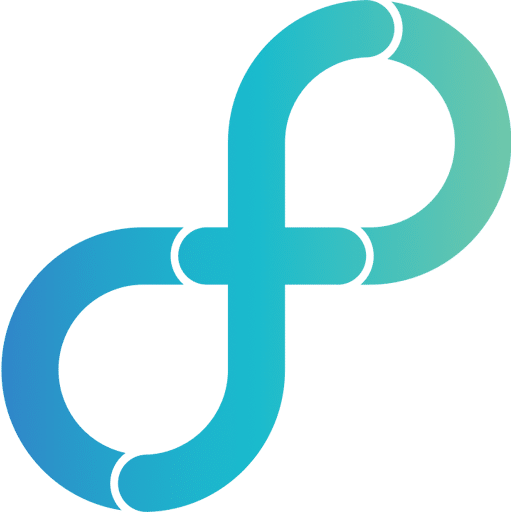AI-based technology is projected to have a significant impact on the processes and capabilities of human resources departments over the next few years. One particular benefit HR professionals are anticipating is scalability. In a recent survey we learned that nearly 50 percent of HR practitioners expect the efficiencies facilitated by AI will allow them to scale in their organizations. By reducing turnover, streamlining recruiting, and automating tasks, AI will enable HR teams to play more strategic roles in helping their organizations scale and realize corporate goals.
AI enables companies to reduce turnover
One of the areas in which AI is poised to have the greatest impact is employee turnover. A high rate of employee turnover is a costly problem not only for the organization as a whole, but for HR teams who have to continuously dedicate time and resources to filling job positions.
This is a timely issue. Many employees that stayed in jobs throughout the Covid-19 crisis for security and stability are increasingly comfortable considering new prospects. As talent senses more opportunity for growth and mobility in the marketplace, HR should anticipate turnover. AI can help.
AI enables companies to reduce turnover because it allows them to predict employee success and build employee career paths for growth within the organization. This means HR teams spend less time on recruiting and hiring tasks and more time strategically scaling the company.
Predicting success is key to reducing turnover
Reducing employee turnover starts with hiring right the first time. By making sure candidates are a good match over the long term for a position before hiring, there’s an increased likelihood they will stay with the company. Artificial intelligence makes this possible.
It can be “used to determine the match between a candidate’s resume and the job requisition, and to make accurate predictions of future performance based on information about the candidate collected in the job application process,” write industrial and organizational psychologists Nigel Guenole and Sheri Feinzig.
Career mapping incentivizes employee loyalty
Another way AI can help reduce turnover post-Covid is through automating career mapping. This enables HR teams to provide employees with a picture of their future progression within the company, thus increasing their loyalty. In this dynamic moment of re-opening, this is an opportunity for HR to retain talent.
“Career maps help employees think strategically about their career paths and how to meet their career goals within the organization rather than leave it to move ahead,” according to the Society for Human Resource Management. Helping talent envision a roadmap internally is key to reducing turnover in a fluid talent marketplace.
Career mapping with AI-based technology is done more efficiently because the tech analyzes higher volumes of data more quickly to build realistic career paths. By analyzing skills, experiences, and competencies, AI is able to explore different roles for employees that may have escaped the notice of HR when manually mapping. This opens up more possibilities for employees, enticing them to stay with the company.

AI streamlines talent acquisition processes
Talent acquisition consumes a large bulk of HR time and resources, inhibiting their ability to grow an organization. AI streamlines the different areas of talent acquisition so HR has more time to dedicate to playing a more strategic role in the organization.
When it comes to recruiting, AI-based technology can be used to create targeted job descriptions that attract high-quality candidates. The tech can also quickly scan through large volumes of resumes and narrow the candidate pool to those most likely to succeed at the company. Chatbots can be used to guide applicants through the application process and answer their answers anytime, day or night.
Onboarding can also be streamlined through AI. The technology allows companies to auto-generate documents for onboarding and compile the data. Chatbots are useful for answering new employee questions. AI can also be used to automate benefits enrollment, facilitate networking between new and existing employees, and collect feedback on employee experiences during onboarding. AI can even be used during onboarding to show employees what skills they’ll want to focus on learning during their first months on the job, what short-term projects they may want to take on, and mentors that’d be good for them to meet.
AI automates repetitive HR operational tasks
Another way AI-based technology helps HR scale strategically is by automating repetitive tasks. Among a host of time-consuming administrative tasks, these include:
- administering benefits.
- scheduling interviews.
- managing employee attendance and leave.
- payroll administration.
Artificial intelligence also enables administrators to make data-driven decisions more quickly which in turn enables HR departments and companies to achieve goals.
“AI is an accelerator – it allows us the ability to ingest a variety of data and provide context to a decision-maker or employee or business leader. It allows us to deliver the right intelligence in the moment and achieve personalization at scale,” says Tom Stachura, VP of Talent Solutions and People Analytics at IBM.
It’s through these capabilities provided by AI that HR is able to scale in a strategic manner. Its function becomes more strategic to organizations as practitioners are able to move away from spending time on administrative tasks and focus on growth-related projects.
Images by: khunaspix/©123RF.com, Ales Utouka/©123RF.com



